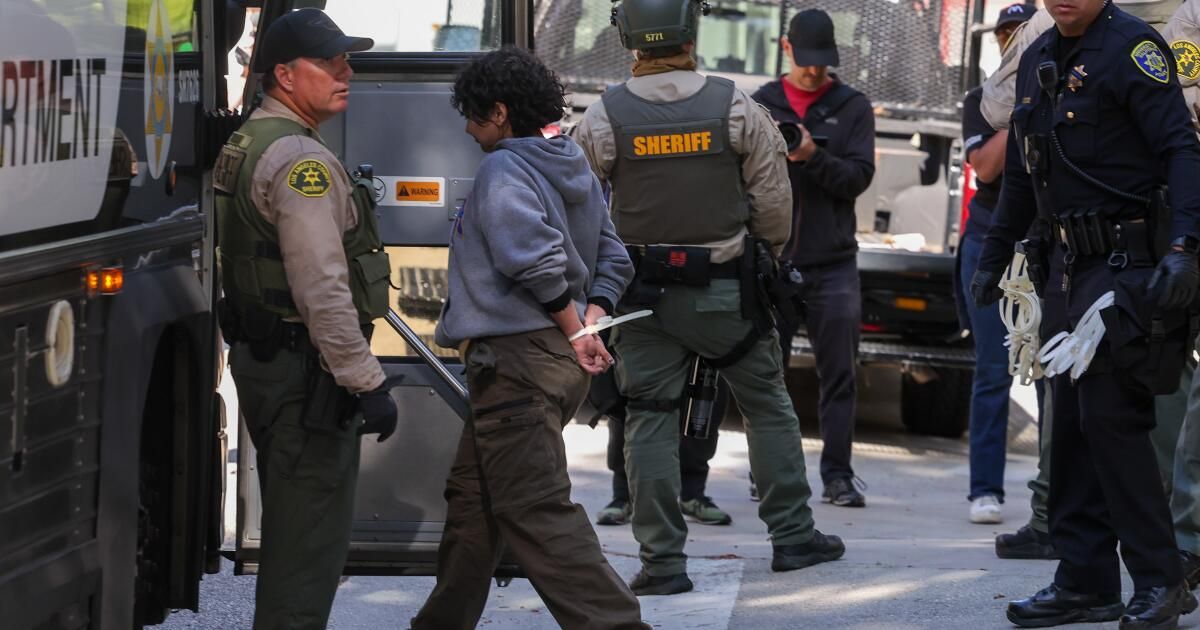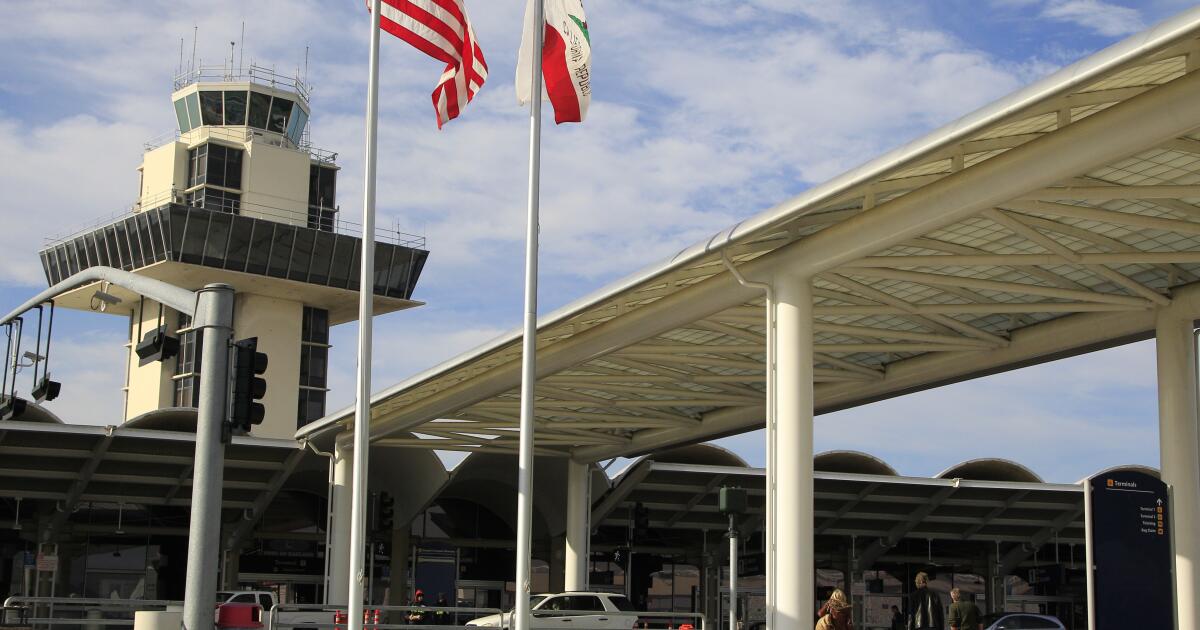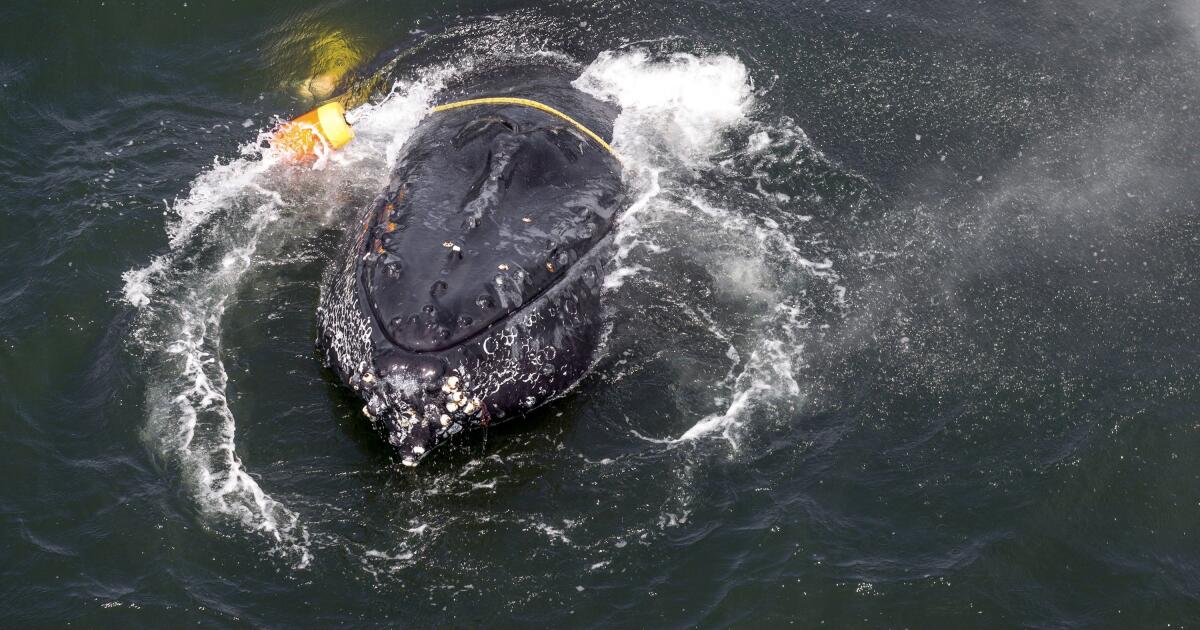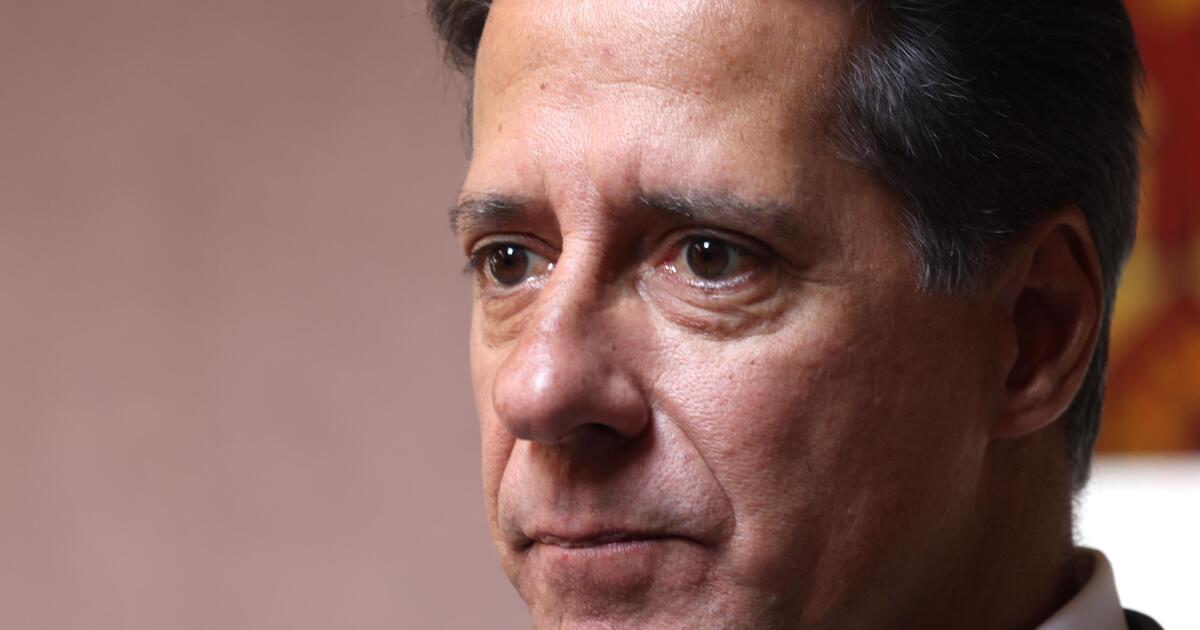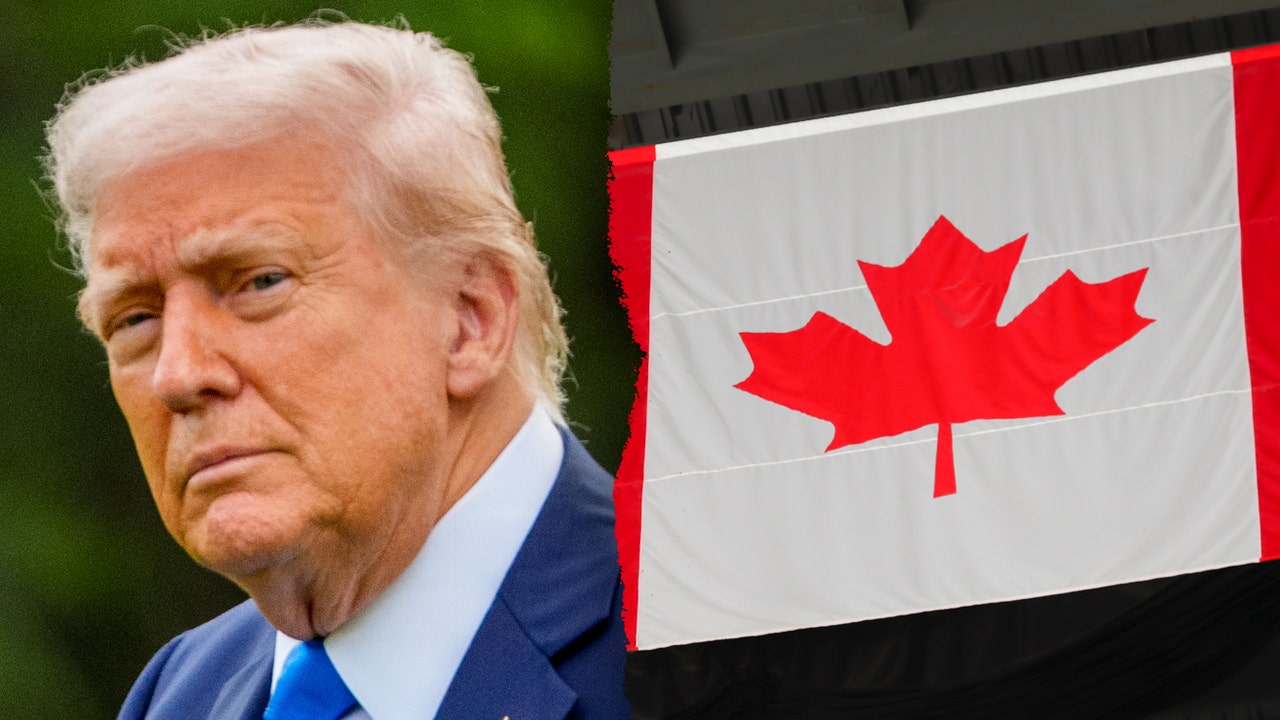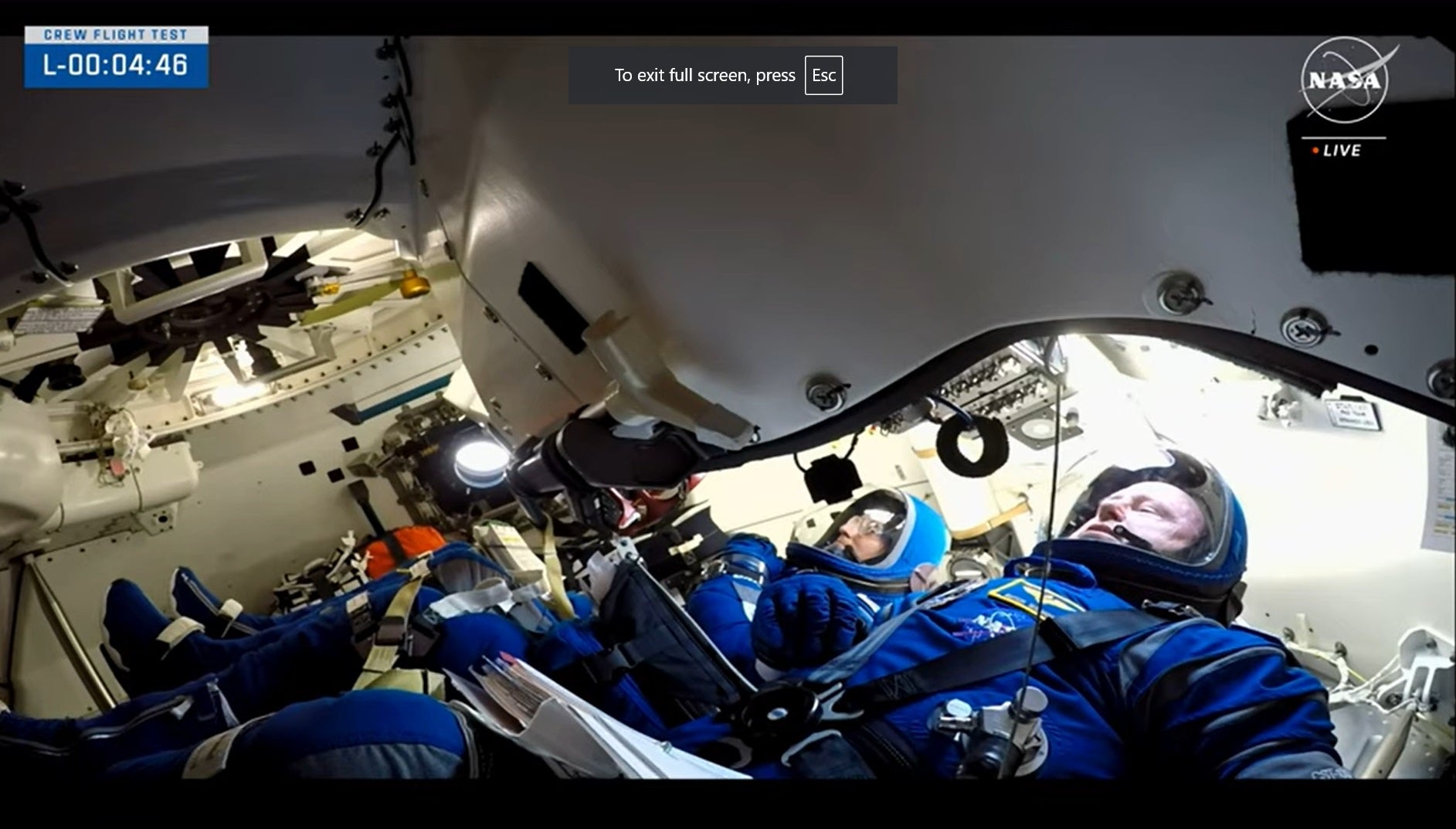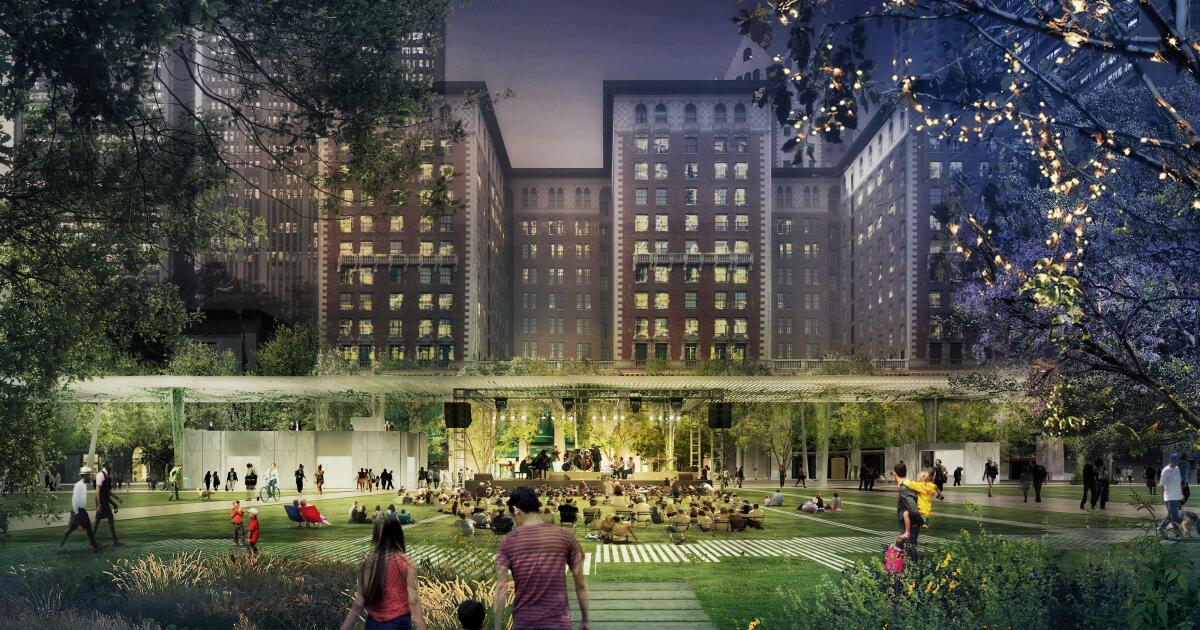Los Angeles Mayor Karen Bass on Wednesday compared the violence at UCLA last week to the Jan. 6 attack on the U.S. Capitol, saying it “came out of nowhere.”
Shortly before 11 p.m. on April 30, a large group arrived at the Westwood campus and attacked pro-Palestinian protesters.
The mob tore down barricades, threw objects, set off fireworks and sprayed mace, injuring several people in the camp, which had been outside Royce Hall since April 25.
No one has been arrested in the attack. UCLA police are working with the Los Angeles Police Department and the FBI to identify the attackers.
“Frankly, it reminded me of January 6,” said Bass, a former member of Congress who was at the Capitol complex when rioters stormed the government building in January 2021.
Bass has previously spoken in emotional terms about Jan. 6, calling it a tragedy that threatened the lives of journalists, first responders and others.
“I don't think many people woke up at the same time and decided to go to UCLA,” Bass said, addressing the issue of coordination. “But I have no idea about the level of coordination and all that.”
UCLA Police Chief John Thomas has faced increasing scrutiny over a series of serious security lapses after assuring university leaders he could mobilize law enforcement within minutes, according to three sources They were not authorized to speak publicly.
Just days earlier, he had been asked to create a written safety plan when tensions on campus soared, but he never did, according to sources.
Bass declined to comment on Thomas' actions and whether he should resign, saying it is a university issue.
When the initial fight broke out, only six UCLA police officers were on the scene and they were greatly outnumbered. Bass said that, to the best of his knowledge, he believes the LAPD responded appropriately.
In a televised interview with Fox 11, the mayor appeared to criticize the university for its lack of a plan.
“So call a local [police] a police station while a protest is taking place is not going to generate 80, 90, 100 police officers in a matter of minutes. Unfortunately, it took hours,” Bass said. “In this process I learned that if you're going to have a problem as big as that, you have to notify the authorities in advance so they can rally the troops.”
UC President Michael V. Drake ordered an independent investigation led by Philadelphia's former police chief.
Thomas has said he advised UCLA leaders from the beginning not to allow the camp because it violated campus rules and he feared it could lead to an escalation of problems.
The chief said he developed a response that relied on private security and made sure to alert the Los Angeles Police Department if problems arose. He acknowledged that he had told others it would only be a few minutes for a response, but said he meant a general response, not a force large enough to handle the melee that developed.
Thomas told The Times that when a problem arose, UCLA leadership authorized him to request mutual aid. But he said Los Angeles police told him there was a problem with the payment system between the city and state, so arrangements “could not be made at the time of the attack.”
On Wednesday, Bass rejected the idea that there was “any delay in payment” to the Los Angeles Police Department and that the police force was withholding service.
“That is absolutely false,” Bass said. “The Los Angeles police were not notified in time. So when the request was made to the LAPD (I don't remember the exact time, but it was between 11 and 11:30), I believe the attack was already underway.
“The Los Angeles police did not have the capacity in such a short time to mobilize its entire force,” the mayor said.
Bass said he returned early from Washington, D.C., early the morning after the attack, after speaking by phone with UCLA Chancellor Gene Block and LAPD Acting Chief Dominic Choi.
Bass, in the Fox 11 interview, also questioned why the university allowed the counterprotest to take place next to the pro-Palestinian camp, which until then had been largely peaceful.

